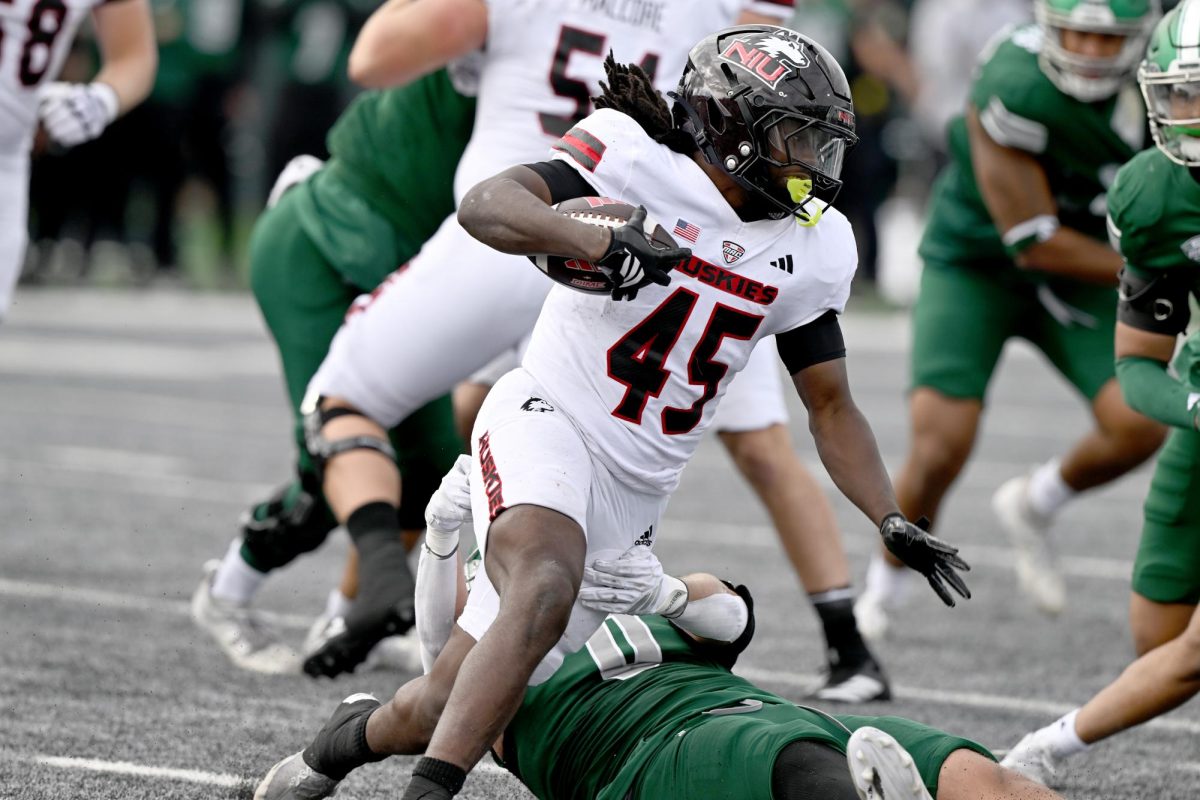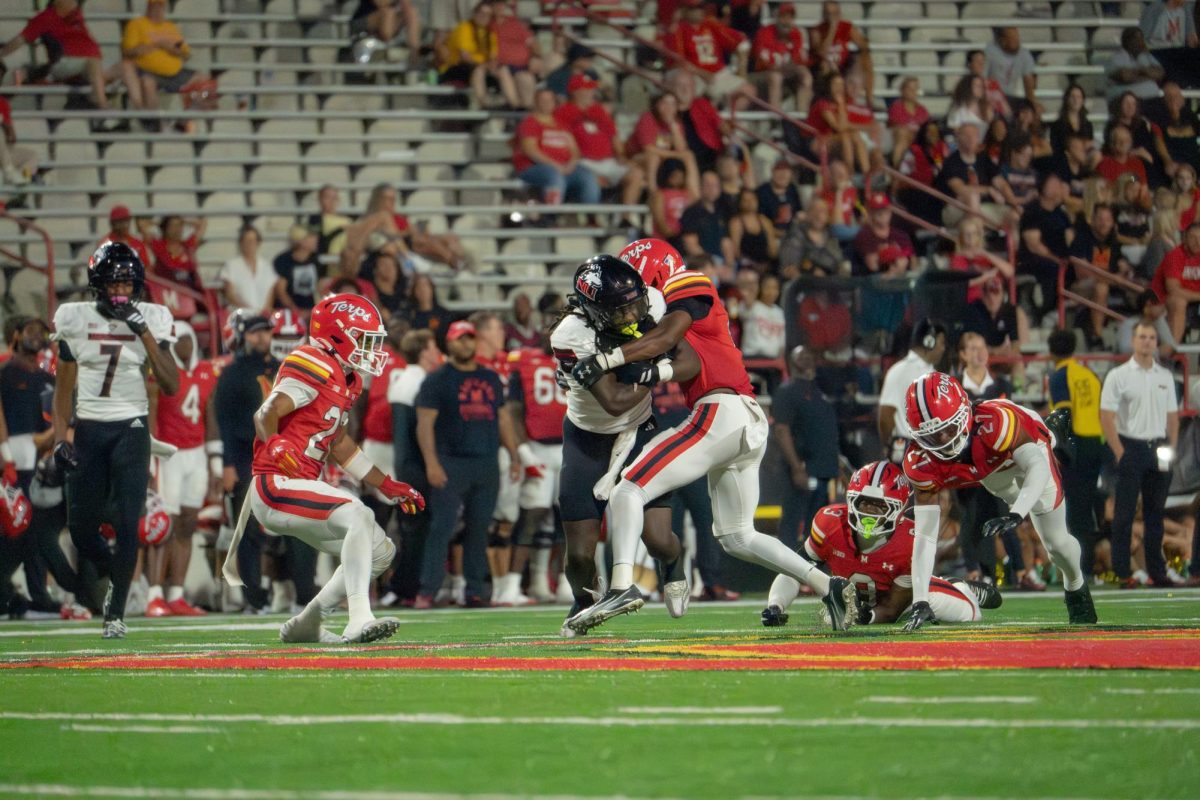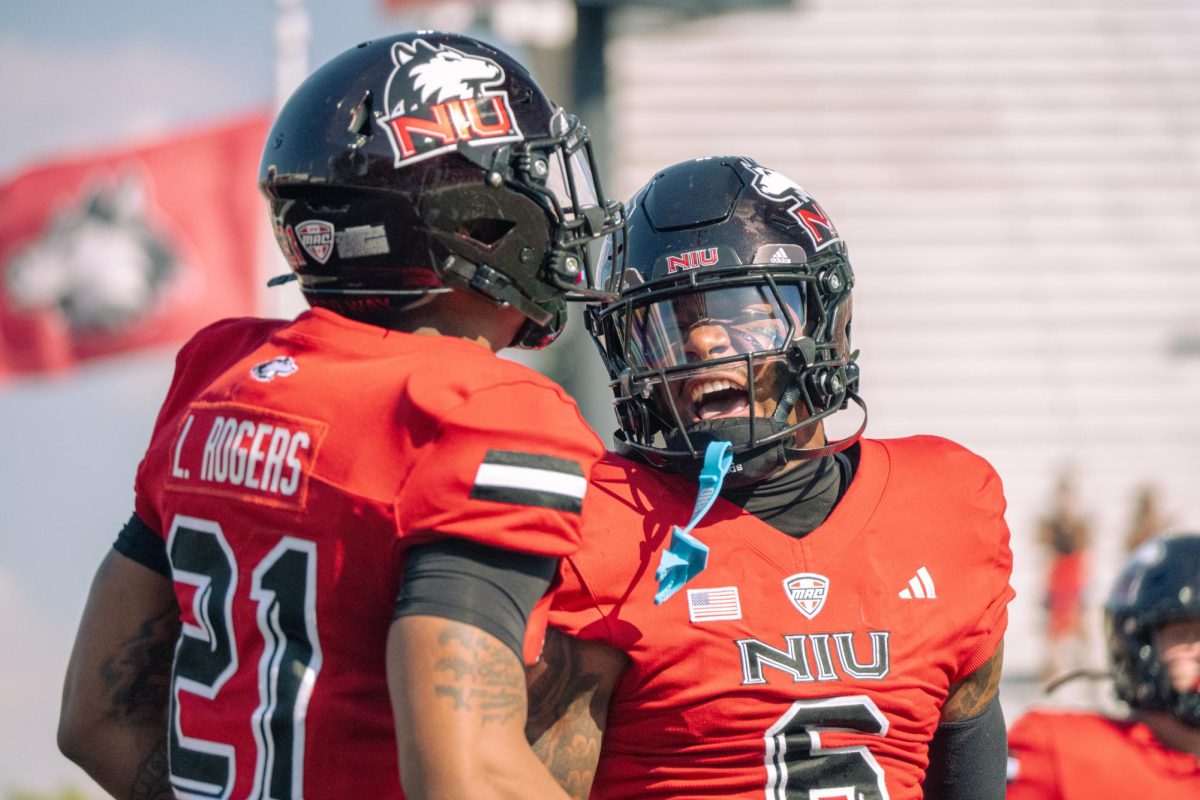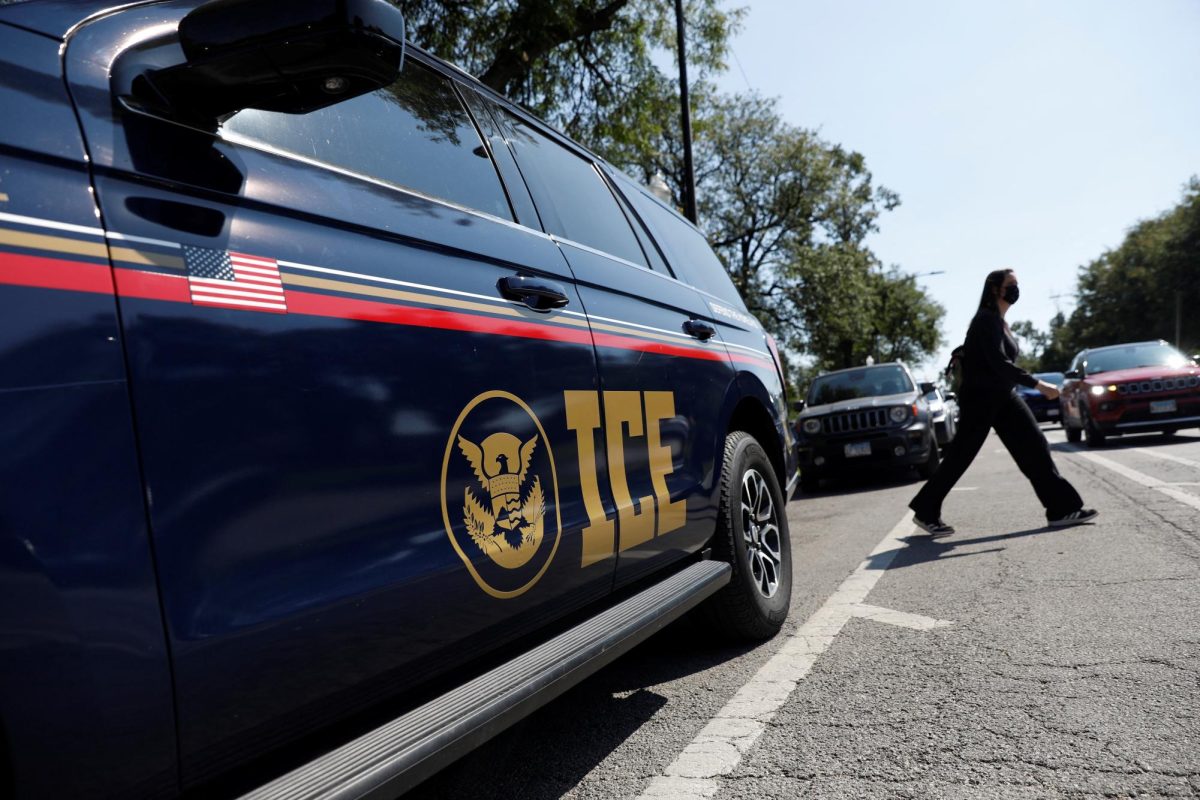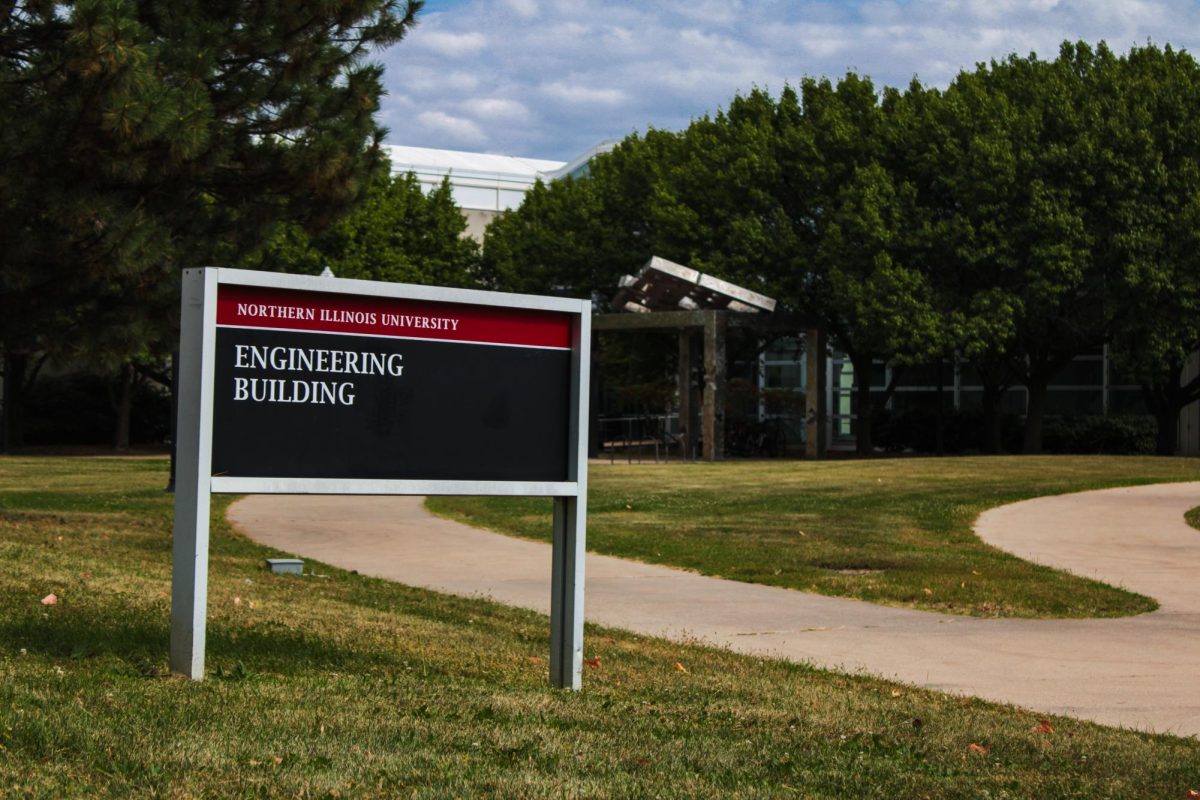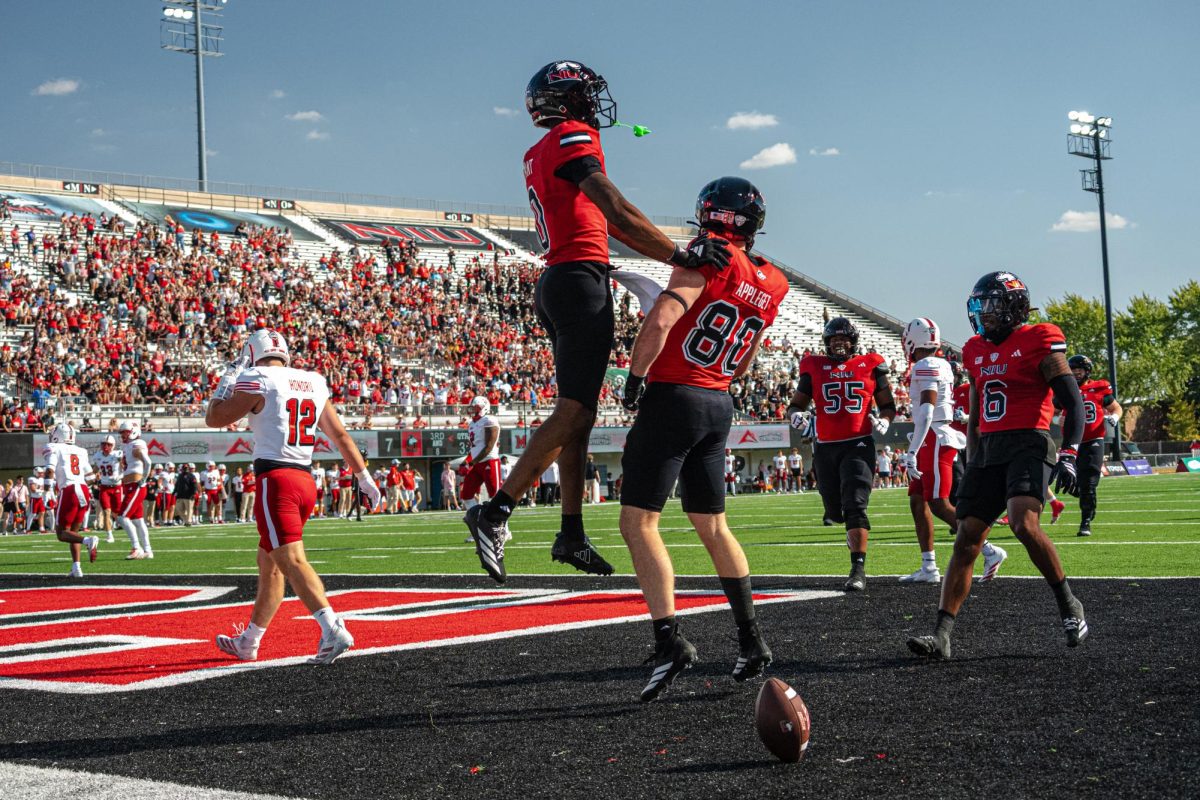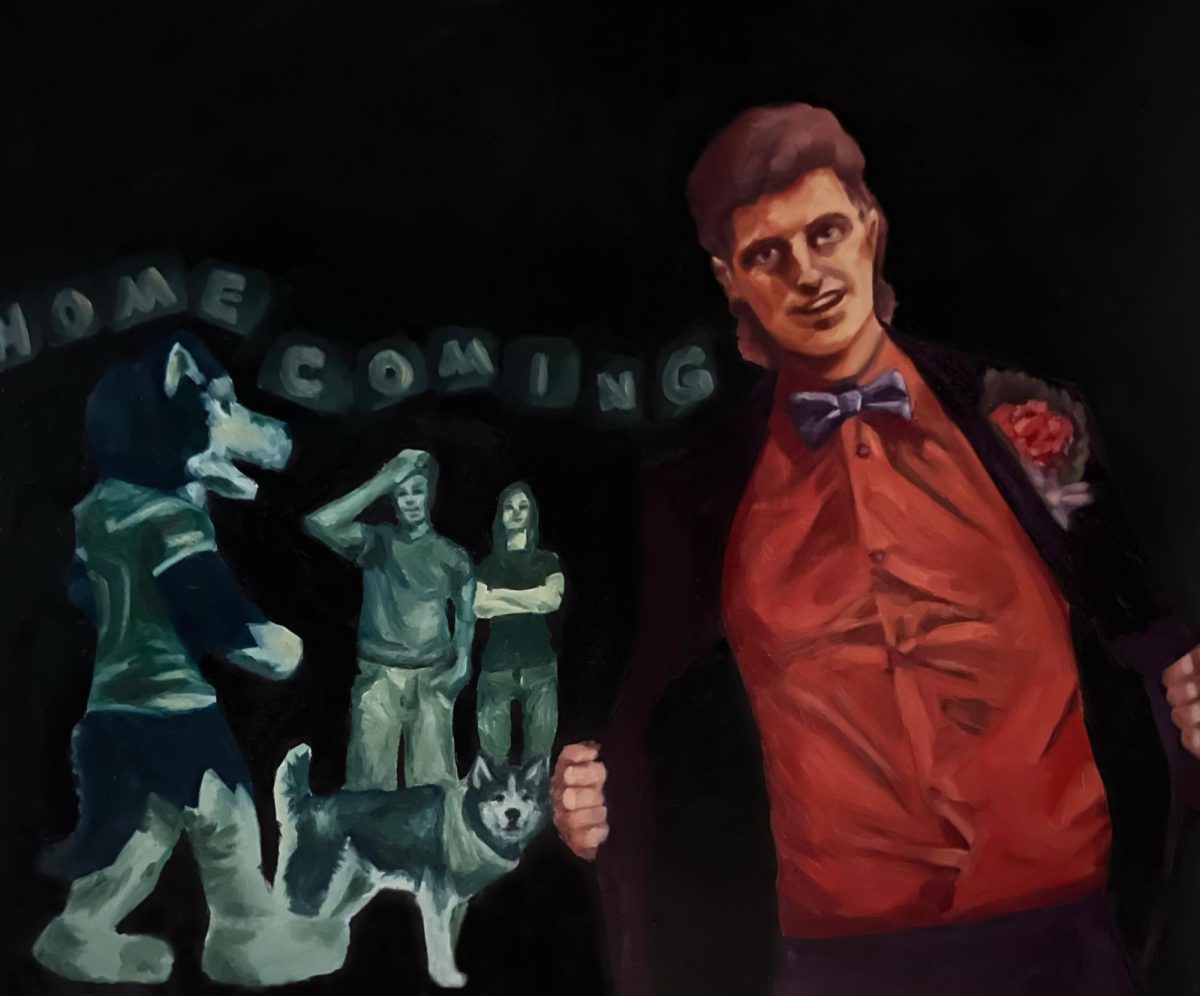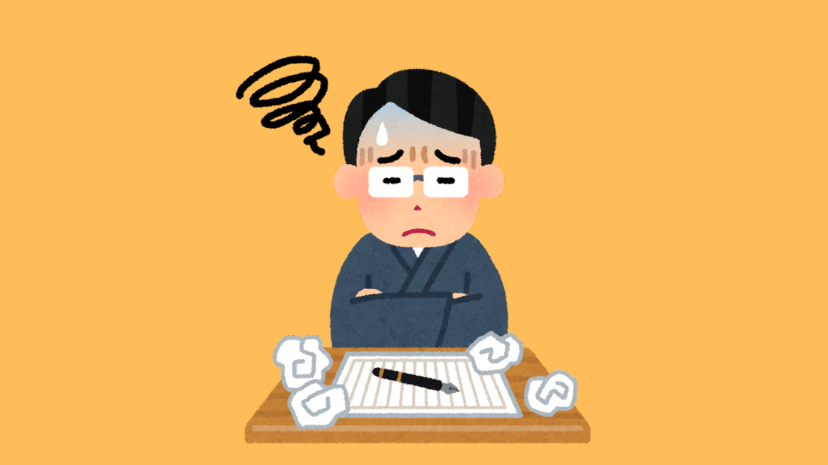I remember pushing through the heavy iron doors, taking a breath of air that smelled 50 years old and tasted like a sour spider’s web. I greeted the man at the front desk and told him my grandpa said hi on my way to the classroom.
I was probably wearing some little black skirt and tights with a beautiful embroidered top my mother made me wear, of course. I’d probably hoped that my outfit didn’t stand out too much and wouldn’t differ from what the other kids at school were wearing.
But it was Saturday, and I wasn’t at my typical high school.
I was where the hour would be marked with a loud shrieking bell – the kind you’d expect in prison TV shows. I was where I had to take notes and listen to lectures while most in elementary and high school were sleeping in. I was in the building where I had been attending a Saturday Ukrainian school for around 11 years.
The people in my class had been in the same group since we were 5. We’d learn Ukrainian geography, literature, culture, religion and more. It was different from my high school, where students would walk around and enter the room assigned to their teacher. Here it was still. Teachers would meet the students waiting for them, sometimes making us stand to greet them.
I thought it was so obnoxious. I thought a lot of things were over the top and menial in Ukrainian schools.
I wondered why one priest would confidently talk about his anti-abortion beliefs to a bunch of awkward 14-year-olds, contradicting what another priest had taught us.
I wondered why teachers would be so quick to embarrass their students. I wondered why the same priest kicked me out of class for the sin of having a wad of gum in my mouth.
Truthfully, I was a menace: always cracking jokes, never doing homework, whatever to make those four hours pass. I told myself the school day was just 15 minutes 16 times in hopes of getting it by.
One music class was taught by old colleagues of my grandparents. They would recognize my last name and tell me how they used to play Bandura – a folk string instrument – with my grandma or teach classes with my grandpa.
My grandparents also taught music at this Ukrainian School after coming to the United States, so some teachers reminisced about their friendships. This pressured me to try to be a decent student so that I could protect my legacy, or rather, avoid my grandparents knowing about my chaotic reputation.
In my sophomore year of high school – the 11th grade of Ukrainian School – the school year had started with a lengthy church service and then the typical round of classes.
That year we had a small classroom at the end of the hall, and we were finally old enough to have a relationship, of sorts, with the teachers.
Many lessons were really interesting that year. I remember talking about how Ukraine has Chernozem, a very rich dark soil that makes grain harvests flourish, and I remember discussing the myth of Queen Olga of Kiev, who used burning clothes tied to pigeons to get revenge on her enemies.
We learned about the empowering Orange Revolution, different classic authors, embroidered patterns of different Ukrainian regions and what they encoded, and the insurgent Euromaidan.
We learned Ukrainians are essential to the world’s progress having made many inventions like the helicopter, hard drives, heart valves and Grammarly.
All of these lessons brought me closer to the country that I had been identifying with my entire life. They showed me the love and passion of the people I come from and to whom I want to contribute to my entire life.
These lessons showed me what Ukrainians want, which is freedom and sovereignty, and that we have a deeply rooted, vibrant culture filled with intelligent people who will fight for it no matter what.
Despite the despair of attending a 6-day school week, I value this place for existing, for enriching the diaspora, for giving freshly immigrated teachers a place to continue their profession, for giving kids whose families have lived in Chicago for generations a place to reconnect and learn about their roots.
Now, four years later, when I get a hint of a moldy, earthy damp scent in the air, I’m brought back to the halls of Ukrainian school, and I smile.
Even as someone who has always greatly cared about my heritage, I found it hard to adjust to a program and teaching style that someone who had been raised in Ukraine would probably be familiar with. It proves to me that as a first-generation American, I have to dive deeper to fully understand my heritage.









